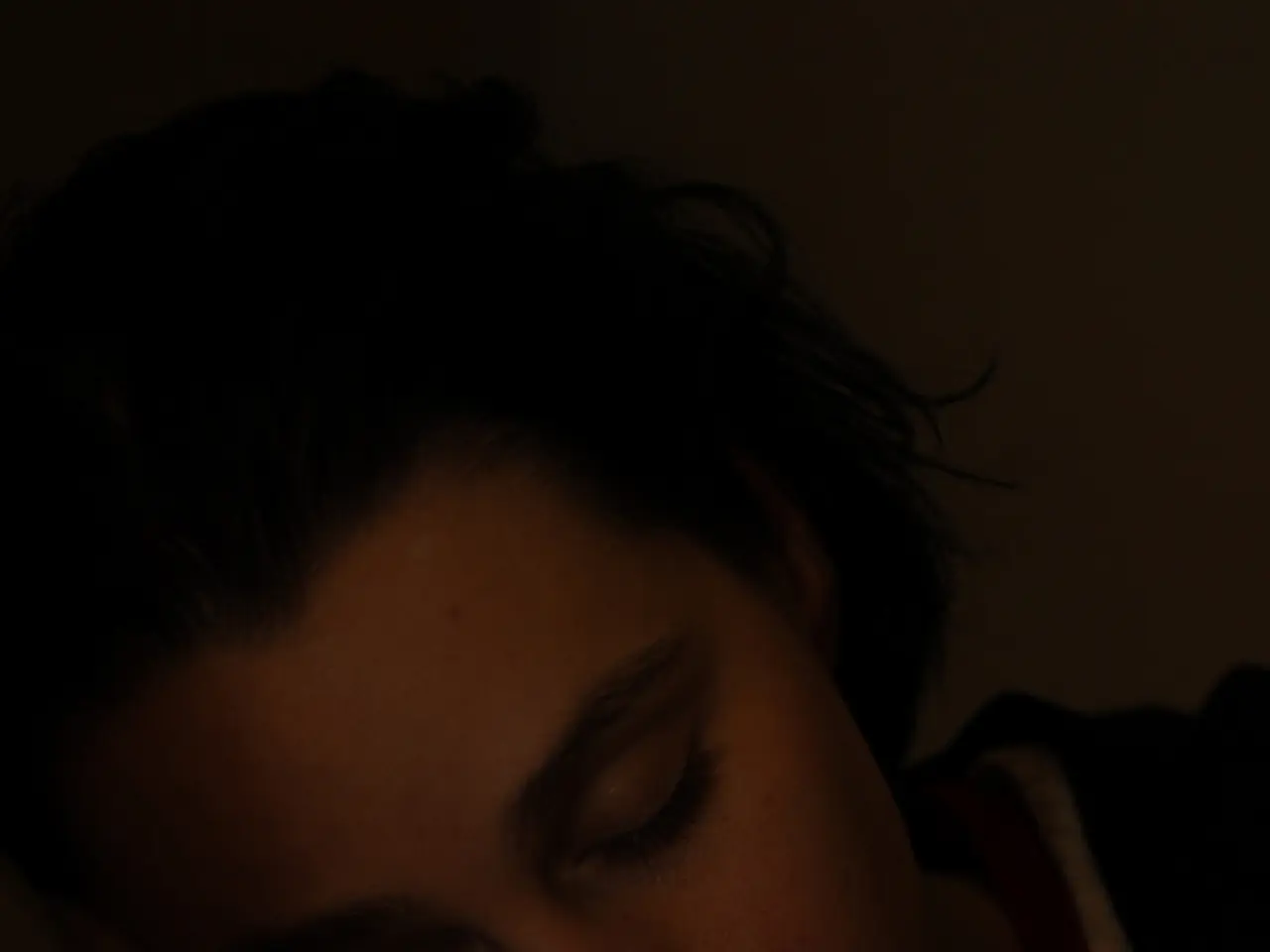Depression's Influence on Sleep and Remedies
In a world where stress and mental health issues are increasingly prevalent, understanding the intricate connections between sleep and depression is crucial. Recent studies have highlighted the significant role that sleep loss plays in the development of depression, and vice versa.
Approximately 18% of individuals experiencing major depressive disorder also struggle with Obstructive Sleep Apnea (OSA). This statistic underscores the importance of addressing both conditions to ensure holistic treatment.
The link between sleep deprivation and depression is multifaceted, involving emotional, neurochemical, and physiological pathways that affect mood and mental health stability. Chronic sleep loss impairs the brain's ability to regulate emotions effectively, making it harder to cope with negative events and daily stressors, thereby increasing vulnerability to depression.
Moreover, sleep loss fosters the development of negative thought patterns, a hallmark of depressive states. It also alters the production and regulation of key mood-stabilizing neurotransmitters such as serotonin and dopamine, with reduced serotonin levels linked to increased depression risk.
Lack of sleep hyperactivates the hypothalamic-pituitary-adrenal (HPA) axis, elevating cortisol and other stress hormones, which produce a chronic physiological stress state. This heightened stress undermines resilience and mood stability, facilitating depression.
Extreme fluctuations in sleep duration, such as inconsistent weekend catch-up sleep, are associated with increased depression risk. However, moderate sleep compensation can mitigate depression risk, while excessive or erratic sleep patterns may exacerbate it.
Conversely, depression can also cause sleep problems, creating a bidirectional relationship. Depression commonly leads to sleep disturbances, including insomnia, hypersomnia, and fragmented sleep. Sleep disorders often co-occur with depression, compounding symptoms and complicating recovery.
This interplay creates a vicious cycle where poor sleep exacerbates depressive symptoms, and depression in turn disrupts sleep quality and patterns, making treatment more challenging.
In light of these findings, it is essential to address both sleep disorders and depression in an integrated manner. For those with OSA, using a Continuous Positive Airway Pressure (CPAP) machine can benefit them, as it reduces the likelihood of problems breathing while sleeping.
Treatment for sleep disorders and depression-related symptoms may vary, depending on the type of sleep disorder. Doctors may prescribe mood stabilizers, selective serotonin reuptake inhibitors (SSRIs), or tricyclic antidepressants to treat sleep problems and depression.
Lifestyle changes and natural remedies, such as consuming warm drinks before bed, exercising during the day, taking melatonin supplements, keeping the bedroom cool, eating a healthful diet, practising meditation, reducing alcohol intake, and talking to a doctor or therapist about individual interventions, may help improve sleep.
Individuals experiencing excessive daytime sleepiness (EDS), changes in mood or personality, or feelings of helplessness or hopelessness are encouraged to seek help. Those experiencing thoughts of suicide or self-harm should seek immediate medical attention.
In summary, the connection between sleep loss and depression is both causal and reciprocal, involving complex mechanisms that affect mood and mental health stability. By acknowledging and addressing these connections, we can work towards improving overall wellbeing and mental health.
- The mental health dysfunction associated with sleep loss can lead to impotence and erectile issues, as chronic sleep loss affects the brain's ability to regulate emotions, making it harder to cope with negative events and daily stressors.
- Narcolepsy, a sleep disorder characterized by excessive daytime sleepiness, can also impact mental health, as it often co-occurs with depression, compounding symptoms and complicating recovery.
- Recent science suggests that the link between sleep and depression is multifaceted, involving emotional, neurochemical, and physiological pathways that affect mood and mental health stability, potentially leading to insomnia and other sleep problems.
- Addressing both depression and sleep disorders is critical for overall health-and-wellness, as persistent stress and reduced resilience brought on by high cortisol levels associated with sleep loss can exacerbate depression and impair mental health functions.
- Moderate compensation for sleep loss and maintaining good sleep hygiene are essential for preventing and mitigating depression, since extreme fluctuations and erratic sleep patterns can increase the risk of depression.




